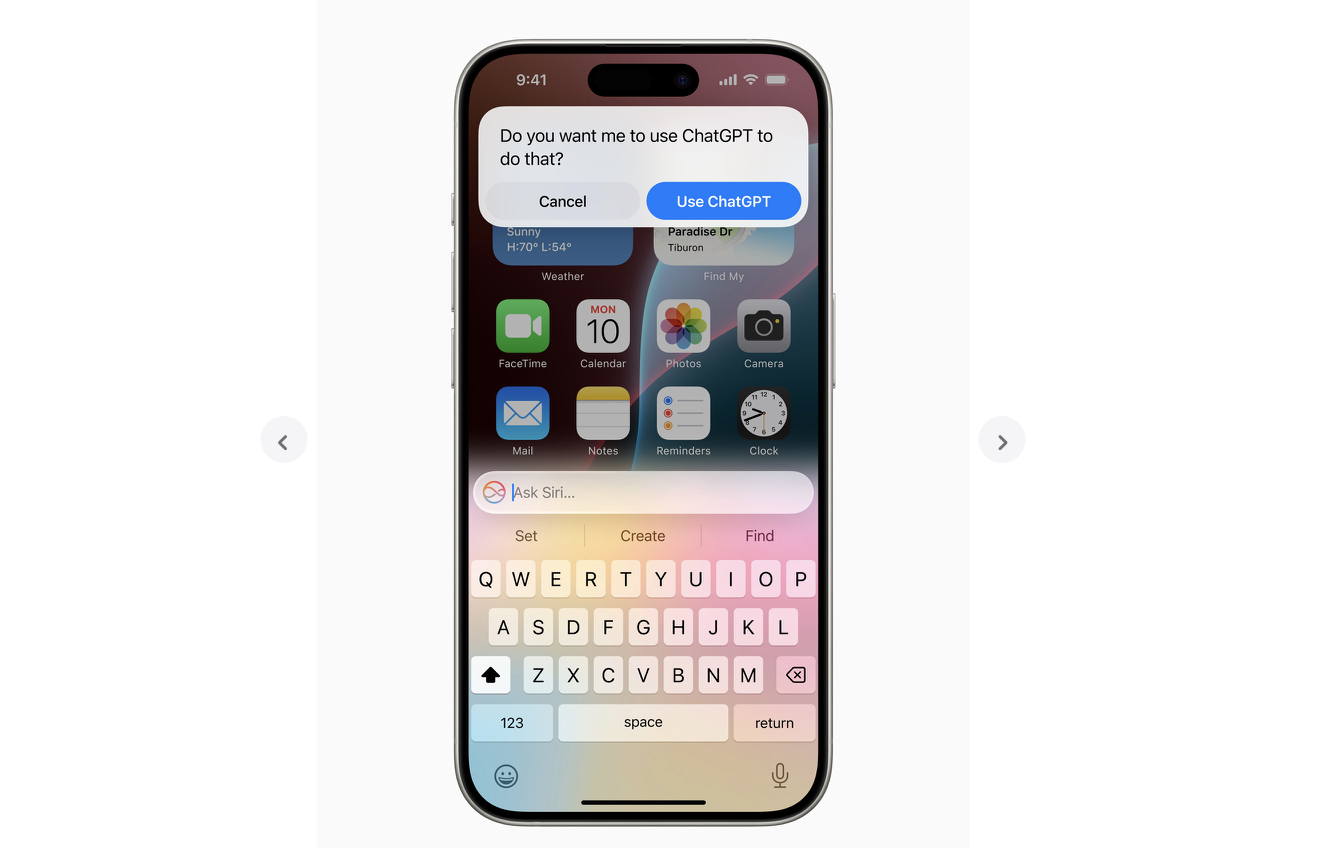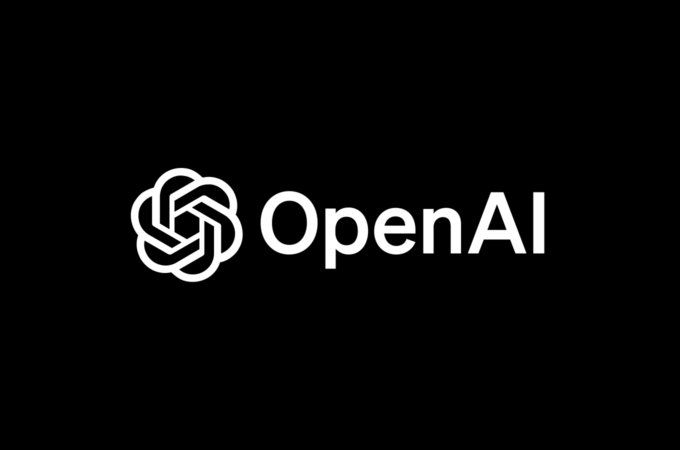
Apple and OpenAI Forge Strategic Alliance to Revolutionize AI Integration in Consumer Devices
In a significant move towards leveraging advanced artificial intelligence (AI) capabilities, Apple has announced a strategic partnership with OpenAI to integrate the latter’s renowned ChatGPT model into Apple’s ecosystem. This collaboration, unveiled at the Worldwide Developer Conference (WWDC) 2024, signifies Apple’s robust foray into AI, enhancing user experiences across its iOS, iPadOS, and macOS platforms.
One of the most notable aspects of this partnership is the transformation of Siri, Apple’s virtual assistant. Historically criticized for its limitations compared to rivals like Google Assistant and Amazon Alexa, Siri is set to receive a substantial upgrade through the integration of OpenAI’s GPT-4o model. This integration will enable Siri to handle more complex queries and provide more nuanced, context-aware responses.
Users will have the ability to direct Siri to consult ChatGPT for specific queries, ensuring that they receive the most accurate and comprehensive information available. This capability extends to various tasks, such as meal planning with specific ingredients or understanding complex documents, making Siri not just a responsive assistant but a proactive tool in managing daily tasks.
Apple’s integration of ChatGPT is not confined to Siri alone. The AI capabilities will permeate Apple’s systemwide writing tools, empowering users to generate and refine content seamlessly. Whether drafting emails, creating documents, or generating images to accompany written content, users can leverage ChatGPT’s advanced language and image processing abilities.
The AI-powered writing tools will also provide suggestions for improving text, thus enhancing productivity and creativity. This integration is set to debut in iOS 18, iPadOS 18, and macOS Sequoia later this year, and will be available for free without requiring an OpenAI account. However, paid subscribers of ChatGPT will have access to additional premium features within Apple’s ecosystem.
One of the core principles emphasized by Apple in this partnership is privacy. Apple has assured users that their interactions with ChatGPT through Siri and other applications will be protected. Requests made to ChatGPT will not be stored by OpenAI, and users’ IP addresses will be obscured. This approach ensures that AI functionalities are delivered without compromising user privacy, a hallmark of Apple’s philosophy.
Moreover, Apple’s AI processing will be conducted locally on devices whenever possible, utilizing its advanced semiconductor technology. For more computationally intensive tasks, processing will be handled on Apple’s cloud servers, still ensuring that personal data is not exposed or stored externally.
This strategic alliance comes at a critical time for Apple, which has been perceived as lagging behind its competitors in the AI domain. Companies like Microsoft, Alphabet, and Amazon have been aggressively expanding their AI capabilities, often in partnership with specialized AI firms. Microsoft, for instance, has invested heavily in OpenAI and has integrated its technologies across various products, including the Bing search engine.
By partnering with OpenAI, Apple aims to bridge this gap and reaffirm its commitment to innovation. The introduction of “Apple Intelligence”—Apple’s proprietary suite of AI features—demonstrates a concerted effort to incorporate generative AI deeply into its product ecosystem. This initiative is designed to enhance personalization and user interaction, making Apple’s devices more intuitive and responsive to individual user needs.
The announcement of this partnership has generated mixed reactions in the market. While some analysts view it as a necessary step for Apple to remain competitive, others are cautious about the long-term implications, particularly in light of the intense scrutiny AI technologies are currently under.
Elon Musk, CEO of Tesla and owner of X (formerly Twitter), has voiced concerns over this integration, threatening to ban Apple devices from his companies due to perceived security risks. Musk’s criticism underscores the broader debate over the safe and ethical deployment of AI technologies.




